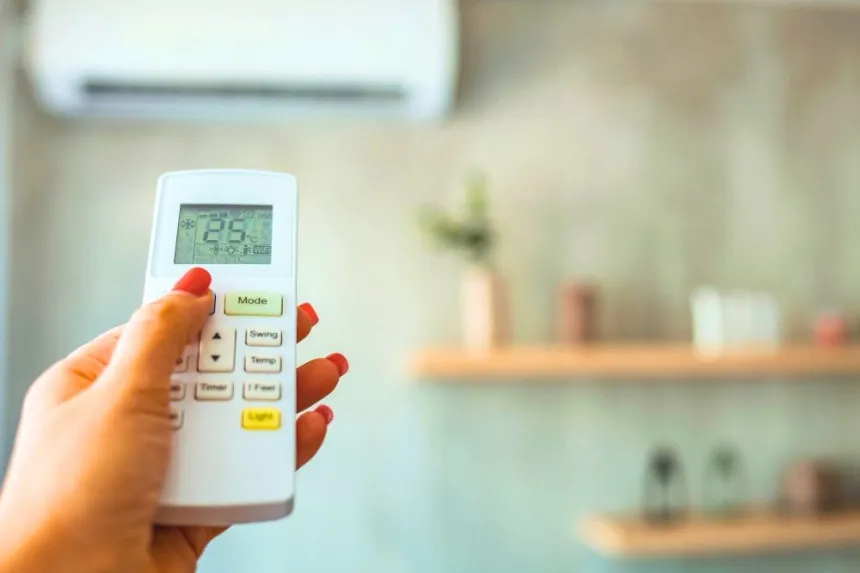Air Conditioning: How to Use It Without Affecting Your Health

Air conditioning has become an indispensable ally in dealing with heat, especially during the hottest months of the year. However, improper use can lead to health problems. In this article, I share some practical tips for using it effectively and healthily.
Importance of the Right Temperature
Maintain a Balanced Temperature
One of the most important recommendations is to set a temperature that is not too low. The World Health Organization suggests that the ideal air conditioning temperature should be between 22 and 26 degrees Celsius. An environment that is significantly colder than the outside can cause discomfort such as nasal congestion or skin irritation.
Avoid Sudden Temperature Changes
Drastic temperature changes pose a health risk. It is advisable not to have a temperature difference greater than 8 degrees Celsius between the outside and inside. This measure helps prevent colds and other respiratory problems.
Ensure Air Quality
Keep Filters Clean
The quality of the air circulating in enclosed spaces is crucial for your health. Keeping the air conditioning filters clean is essential, as they can accumulate dust, mold, and allergens. Monthly cleaning of the filters is recommended, and if possible, change the filters every three months to ensure pure and fresh air.
Read also
Ventilate the Space
In addition to using air conditioning, it is important to ventilate the space regularly. Opening windows and allowing fresh air to enter helps reduce the concentration of pollutants. Alternate the use of air conditioning with moments of natural ventilation, especially during the cooler hours of the day.
Health Considerations
Constant Hydration
Using air conditioning can lead to dryness in the environment and, consequently, in the body. It is vital to remember to maintain adequate hydration by drinking enough water throughout the day to counteract moisture loss.
Attention to Pre-existing Conditions
People with respiratory problems, such as asthma, should be especially careful when using air conditioning. It is recommended that they consult a doctor for specific guidance on the use of these devices. Similarly, individuals susceptible to allergies or with sensitive skin should be attentive to air quality and potential irritations.
Read also
Responsible Use of Air Conditioning
Set Usage Schedules
Using air conditioning during specific hours can be beneficial for both health and energy savings. It is suggested to program the air conditioning during cooler hours, such as in the morning or afternoon, and use fans to help circulate the air.
Choose Efficient Models
If you are considering purchasing an air conditioner, consider choosing models that have energy efficiency certifications. These models not only reduce electricity consumption but are also more environmentally friendly and may be less harmful to health.
Conclusion
Using air conditioning can be healthy if appropriate precautions are taken. Maintaining a balanced temperature, ensuring air quality, and addressing specific health needs are key to enjoying coolness without compromising well-being.
I invite you to continue reading more news and tips about health and well-being on my blog. Don’t miss out!











































